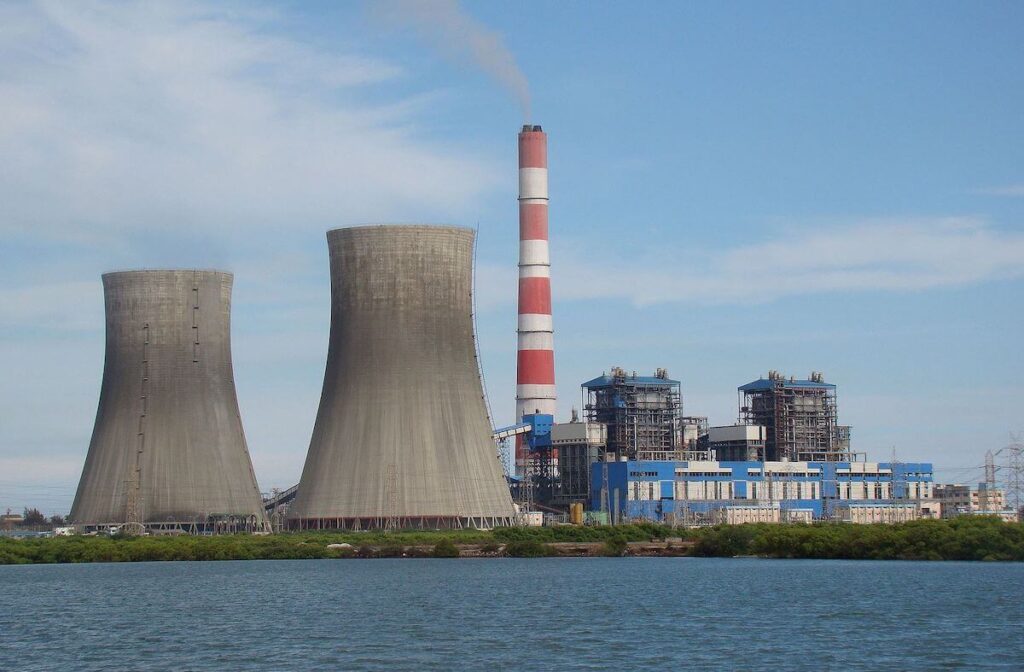Ocean pollution is not always tangible. In fact, it might be right on your plate, staring straight at you.
“How can we ignore ocean pollution when it is progressing at a much faster pace than observers had expected?” remarked Prince Albert at the International Symposium on Human Health and the Ocean, which took place in Monte-Carlo this December. Ocean pollution and its impact on human health have historically been understudied, despite the pervasive effects they have on human health.
>> READ MORE: Monaco unveils environmental declaration to “avoid ecological disaster”
A topic of particular concern? Fish. As of 2018, the average person consumes 20.5 kg of fish a year, compared to only 9 kg in 1960. And as fish consumption increased, so did ocean pollution. So, what happens when the fish you eat is plagued with toxic chemicals?
Tuna à la mercury
Fish has a lower carbon footprint than meat, making it a more sustainable source of protein. Eating fish also protects against heart disease, stroke, and cancer. However, there’s a catch. Some types of fish absorb the contaminants in polluted waters, and when consumed can lead to dangerous health consequences.
“The best-studied example is mercury,” explains Dr. Philip Landrigan, co-host of the Human Health and the Ocean Symposium and Director of the Global Public Health Program and Global Pollution Observatory at Boston College. “When pregnant women eat contaminated fish, the pollutants from the fish enter the woman’s body, reaching the womb and cause damage to the baby.” The consequences on the foetus range from a lifelong impact on the baby’s IQ, developmental delays, to increased risk of attention deficit and hyperactivity disorder.

For a very small country, Monaco plays a very big role in ocean protection around the world
Dr. Philip Landrigan
And even seeking out sustainably sourced fish won’t solve the problem. “Predatory fish eat smaller fish and therefore tend to accumulate mercury in their body even when the fish is sustainably sourced,” says Dr. Philip Landrigan. Think of predatory fish as some kind of live dustbin lorry.
The same process applies to plastic pollution. Microplastics, which are full of toxic chemicals, are eaten by fish, which are then eaten by humans. When the chemicals of microplastics enter the human body, they can have a range of consequences on human physiology, including reducing male fertility, increasing the risk of heart disease, impacting the immune system, and cancer.
>> READ MORE: Deep mess: ocean floor home to 14 million tons of microplastics says new research
The problem is that not all fish are equal
Should you stop eating fish?
For Dr. Landrigan, it’s a question of being selective. “The problem is that not all fish are equal. Some fish are very high in mercury, such as tuna, swordfish, and Spanish mackerel. Other fish species are low in mercury, such as salmon. In general, I say eat more fish because of all the proven health benefits that come with it.” And that applies to pregnant women too. “The nutrients in the fish are good for the baby.”
However, tuna should be eaten responsibly. “If an adult male eats tuna in moderation, it’s okay. But a woman who is pregnant, or a young woman who is thinking of getting pregnant in the following year, should avoid eating tuna.” Salmon is a good alternative. “Salmon is basically a vegetarian fish, meaning it doesn’t eat little fish and therefore does not accumulate mercury.”
What is Monaco doing to protect the oceans?
Monaco is home to several leading scientific institutions dedicated to the study of oceanography, including the Monaco Scientific Center, the Oceanographic Institute and the UN Environment Laboratories. The recent symposium on human health and the oceans is just the tip of a decades-long commitment to safeguarding the ocean.
“For a very small country, Monaco plays a very big role in ocean protection around the world,” says Dr. Landrigan, who also works as an advisor for the Monaco Scientific Center. “The Princely family has been committed to protecting the seas for generations. From Prince Rainier and Jacques Cousteau, to Prince Albert, who is equally committed to these issues.”

Ocean pollution is not only unhealthy but also unjust…
Fish represents 17% of the world’s animal protein intake. However, the figures go up to 50% or more in countries such as Bangladesh, the Gambia, Indonesia, Sierra Leone, Sri Lanka, and can reach 100% in some island states. The more a country relies on fishing, the more its population will suffer the consequences of ocean pollution.
Significantly, ocean pollution is an environmental justice problem: the communities most affected by ocean pollution are those that contribute the least to the problem.
Take mercury pollution, which is mainly caused by the coal industry. The United States is the third-largest coal producer in the world. However, the average American only consumes about 7 kg of fish per capita annually, well below the global average of 20.5 kg.
It is a problem we can and must solve
The good news is that like other types of pollution, ocean pollution and its consequences can be prevented. Going back to mercury pollution, more and more countries are making the transition away from coal and other fossil fuels towards green energies. “Globally, the amount of energy produced by wind and solar has gone from 4% in 2010 to almost 20% today, so it’s been an enormous increase,” says Dr. Landrigan. Consumers can also have a say, for instance, by consciously switching to green energy sources.
“I put my trust in world leaders,” says Dr. Landrigan, “but also in the people of the world, because I know that if the people of the world demand that their leaders take action, leaders will listen.”
>> Would you like to know more about ocean health? Have a look at our “Ocean” section










